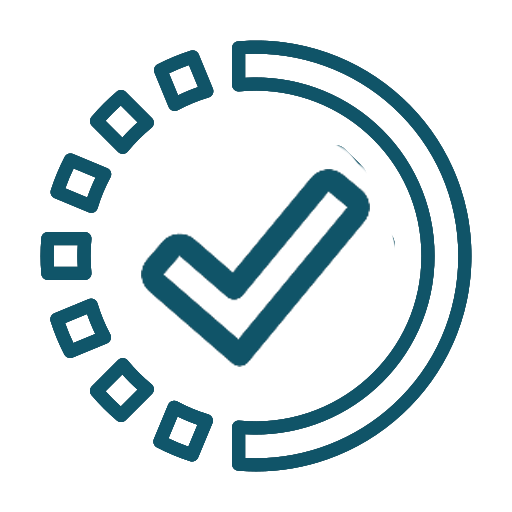The Small Business Administration (SBA) 7(a) Program is a vital financial resource for small businesses in the United States. As the SBA's primary business loan program, it provides loan guarantees to lenders, enabling them to offer financial assistance to small businesses with specific requirements. Some of the purposes can be the following:
Acquiring, refinancing, or improving real estate and buildings
Short and long-term working capital
Refinancing current business debt
Purchasing and installing machinery and equipment
Acquiring furniture, fixtures, and supplies
The SBA 7(a) program offers several advantages, including lower down payment requirements, longer repayment terms, up to 25 years for real estate, and competitive rates, all of which improve affordability and cash flow management. The loans are flexible and can be used for various purposes, such as working capital, equipment purchases, real estate acquisition, and business expansion. Additionally, the SBA’s guarantee reduces the lender's risk, making it easier for small businesses to obtain financing.
However, SBA 7(a) loans have some disadvantages. The application process can be lengthy and requires extensive documentation. Strict eligibility requirements must be met, and personal guarantees are often needed, putting personal assets at risk if the business defaults. Lenders may require collateral, and various fees, including guaranty and servicing fees, can add to the overall cost.
Please contact us to learn more.





